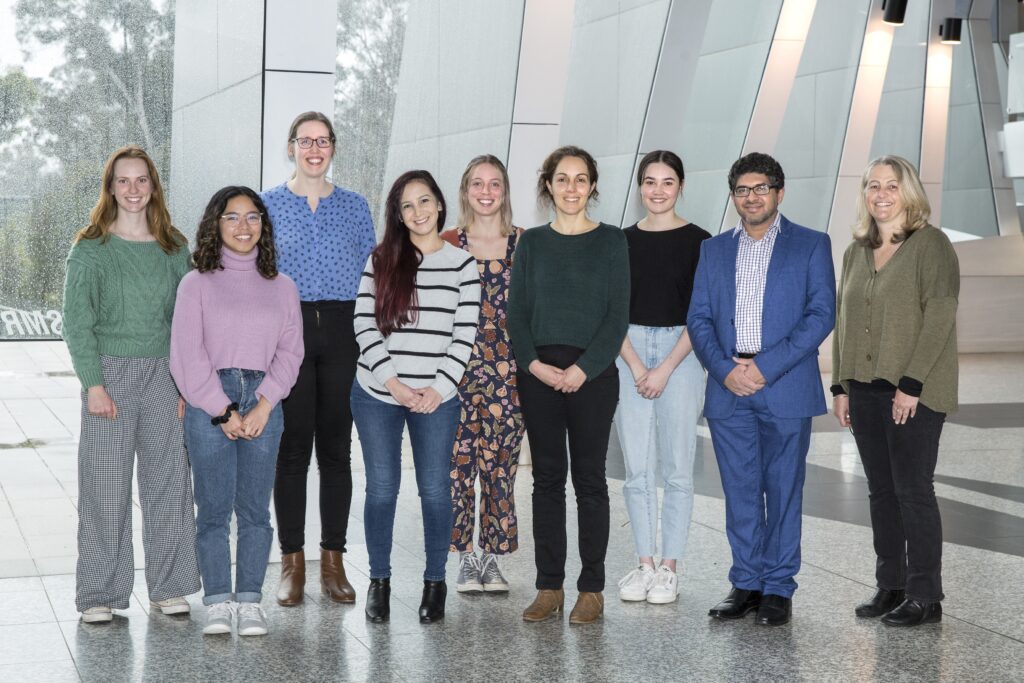Associate Professor Marian Burr
John Curtin School of Medical Research (Australian National University)
Associate Professor Marian Burr is a clinician scientist, Snow Fellow and Laboratory Head at the John Curtin School of Medical Research. Her research is at the cutting edge of the human body’s response to cancer, infection, injury and aging.
Cancer is the second leading cause of death globally. One of the most promising fields to help combat cancer is immunotherapy, which harnesses our immune system to find and eradicate cancer cells throughout the body. These treatments are so successful they can lead to long-term remission – even in patients with the most advanced cancers. But while some patients respond well to these treatments, others do not, and it has become clear that some cancers can evade these immune-based therapies.
Read more about Associate Professor Marian Burr here

Associate Professor Marian Burr bio
As an academic pathologist leading a multi-disciplinary research team with an international collaborative network in academia, healthcare and industry, Associate Professor Burr’s research aims to address the critically important question of why some cancers are not effectively eradicated by currently available immunotherapies and to use this knowledge to develop new life-saving treatments.
The $8-million Snow Fellowship will help Associate Professor Burr to develop new therapies to overcome immunotherapy resistance by uncovering conserved molecular mechanisms exploited by cancer cells to evade the anti-tumour immune response. This work could someday benefit millions of cancer patients across the globe.
Associate Professor Burr completed a PhD in immunology at the University of Cambridge in 2014, where she identified novel cellular quality control pathways regulating MHC class I antigen presentation. Clinical specialty training in anatomical pathology inspired her to apply this expertise to tackle the problem of immune evasion in cancer. Supported by a prestigious Cancer Research UK Clinician Scientist Fellowship, she established a highly productive research program in Cambridge and subsequently at the Peter MacCallum Cancer Centre, making fundamental biological discoveries that hold great promise for the development of novel cancer immunotherapies.
In 2017, her team identified the previously uncharacterised protein CMTM6 to be a binding partner and regulator of PD-L1 in cancer cells (Burr et al, Nature 2017), a landmark discovery that has opened a new field of research and led to the establishment of drug-discovery programs in Australia and world-wide to develop immunotherapies targeting the CMTM6-PD-L1 interaction. Her recent work has identified distinct epigenetic repressive complexes silencing MHC class I antigen presentation in cancer cells (Burr et al, Cancer Cell 2019), uncovering new opportunities for the targeted use of epigenetic inhibitors to improve anti-tumour immune responses in a number of aggressive, difficult to treat malignancies such as neuroblastoma and lung cancer.